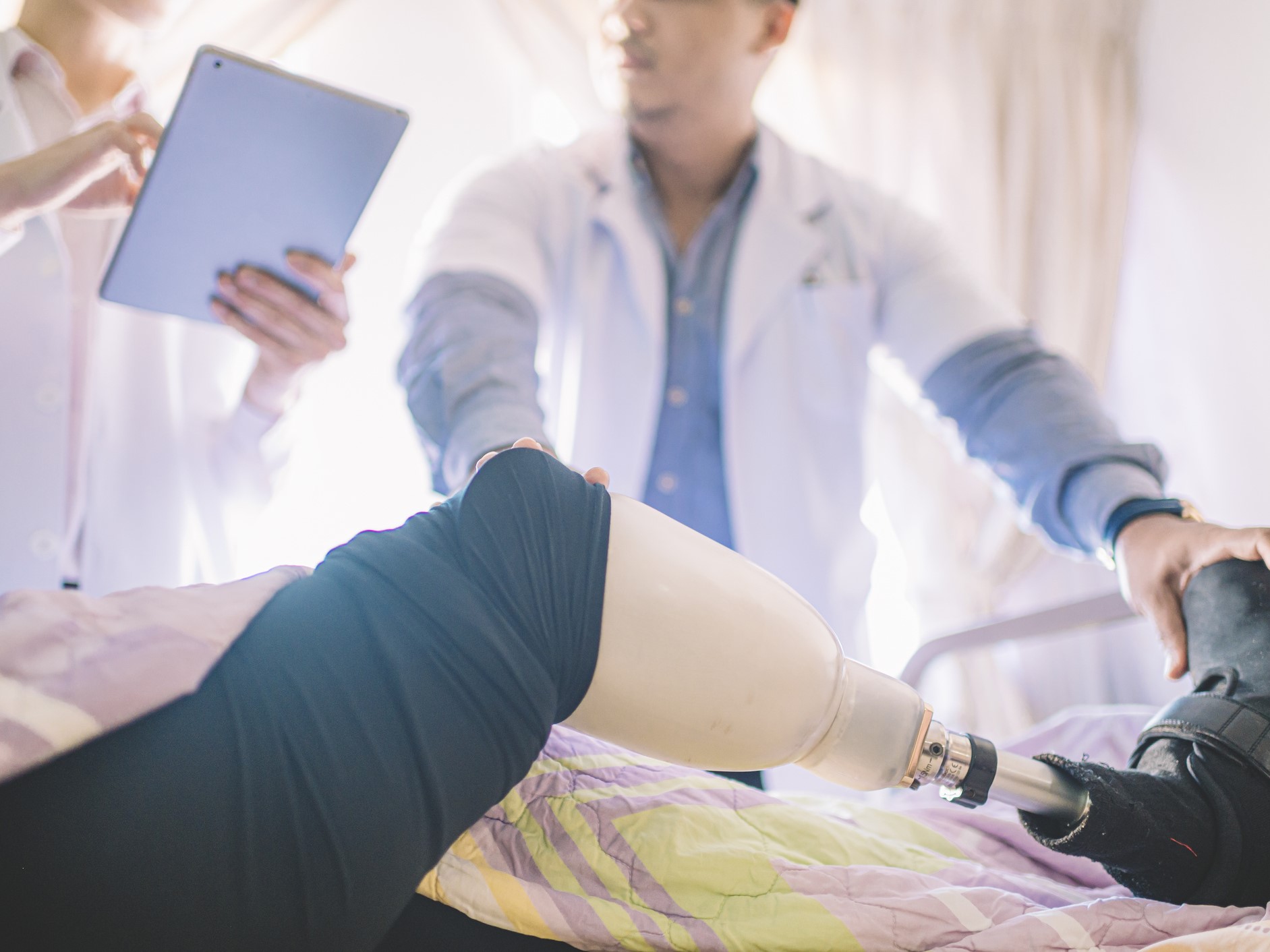Amputations are some of the most devastating workplace injuries a worker can experience. Losing a limb not only causes physical pain and limitations but can also lead to significant emotional and psychological trauma. The impact of an amputation injury can be long-lasting and affect a person’s ability to perform their job, care for themselves, and maintain their quality of life.
Workers’ Compensation Benefits for Amputations
The workers’ compensation system was created to safeguard employees who sustain a work injury. You may be eligible for workers’ compensation benefits if your amputation injury happened at work. The benefits may consist of:
- Medical benefits: To cover the cost of the injured worker’s medical care, workers’ compensation provides medical benefits. Hospitalization, surgery, medication, physical and occupational therapy vocational rehabilitation, and the use of prosthetics are examples of this.
- Wage replacement: Workers’ compensation can provide wage replacement benefits to cover lost wages due to the injury. This includes temporary total disability (TTD) benefits, which provide wage replacement when you’re unable to work at all, and temporary partial disability (TPD) benefits, which provide wage replacement when you’re able to work but earning less due to the injury.
- Permanent partial disability (PPD): If you’ve had an amputation injury, you might qualify for PPD compensation. These benefits offer compensation for long-term injuries or impairments brought about by the injury.
- Vocational rehabilitation: This may be available to you if your amputation injury prevents you from returning to your previous employment. This program offers instruction, guidance, and aid with finding a new career so you can obtain a new position that you are physically able to performing.
Steps to Take Following an Amputation Injury
If you’ve suffered an amputation injury while on the job, it’s important to take the following steps to protect your rights and ensure you receive the workers’ compensation benefits you’re entitled to:
- Report the injury: You should report the injury to your employer as soon as possible. This will begin the workers’ compensation claims process and ensure your injury is documented.
- Seek medical attention: It’s important to seek medical attention immediately following an amputation injury. This will not only ensure you receive the necessary treatment but also provide documentation of your injury, which is necessary for your workers’ compensation claim.
- File a workers’ compensation claim: As soon as practical after the injury, you should make a workers’ compensation claim. This will start the claims procedure and guarantee that you get the benefits to which you are entitled.
- Speak to a lawyer: A knowledgeable Minnesota workers’ compensation attorney should be consulted if you’ve had an amputation injury at work. You can collect the most benefits possible by working with an attorney, who can also help you understand the claims process and make sure your rights are upheld.
Contact an Experienced Minnesota Workers’ Compensation Lawyer.
If you have been in a work accident that led to an amputation injury, contact us. Our Minnesota workers’ comp lawyers offer a free consultation to listen to your story and plan the best course of action. Call or text the Minnesota workers’ compensation attorneys at 612-Injured at (612) 465-8733.

